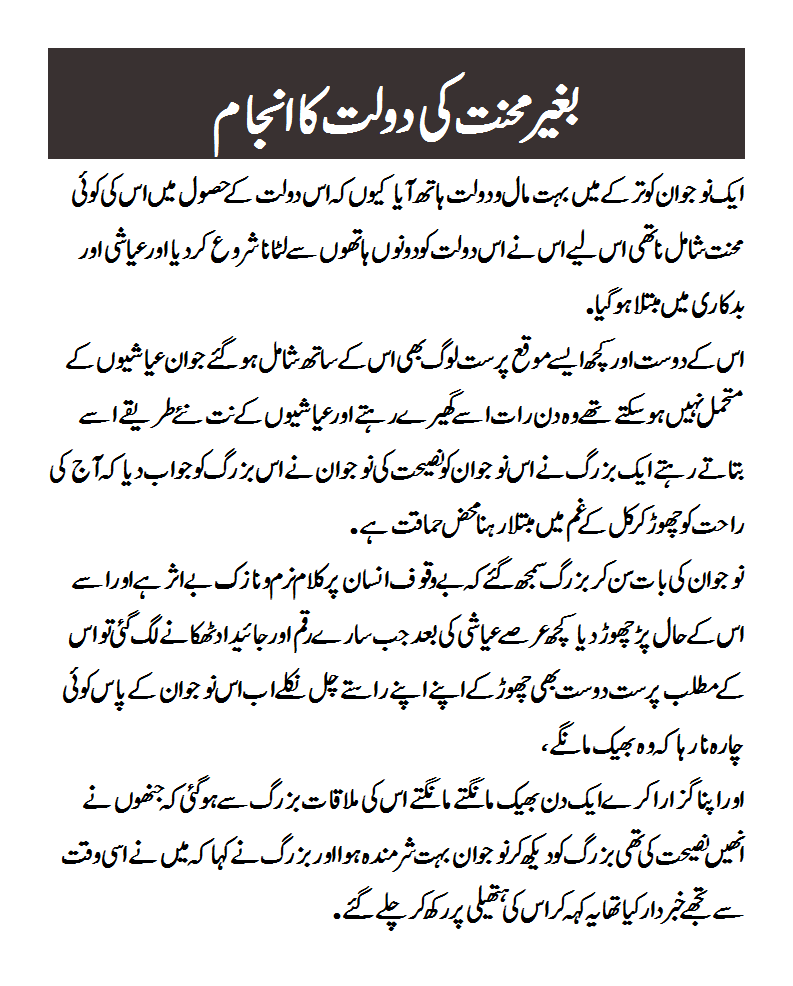According to a new OECD working paper, Britain is one of the wealthiest countries in the world. Net wealth is estimated to stand at around $500,000 per household – more than double the equivalent figure in Germany, and triple that in the Netherlands. Only Luxembourg and the USA are wealthier among OECD countries.
On one level, this isn’t too surprising – Britain has long been a wealthy country. But in recent decades Britain’s economic performance has been poor. Decades of economic mismanagement have left the UK lagging far behind other advanced economies.
British workers are now 29% less productive than workers in France, and 35% less than in Germany. How can this discrepancy between high levels of wealth and low levels of productivity be explained?
The process of how wealth is accumulated has been subject of much debate throughout history. If you pick up an economics textbook today, you’ll probably encounter a narrative similar to the following: wealth is created when entrepreneurs combine the factors of production
land, labour and capital – to create something more valuable than the raw inputs. Some of this surplus may be saved, increasing the stock of wealth, while the rest is reinvested in the production process to create more wealth.
How the fruits of wealth creation should be divided between capital, land and labour has been subject of considerable debate throughout history. In 1817, the economist David Ricardo described this as “the principal problem in political economy”.
